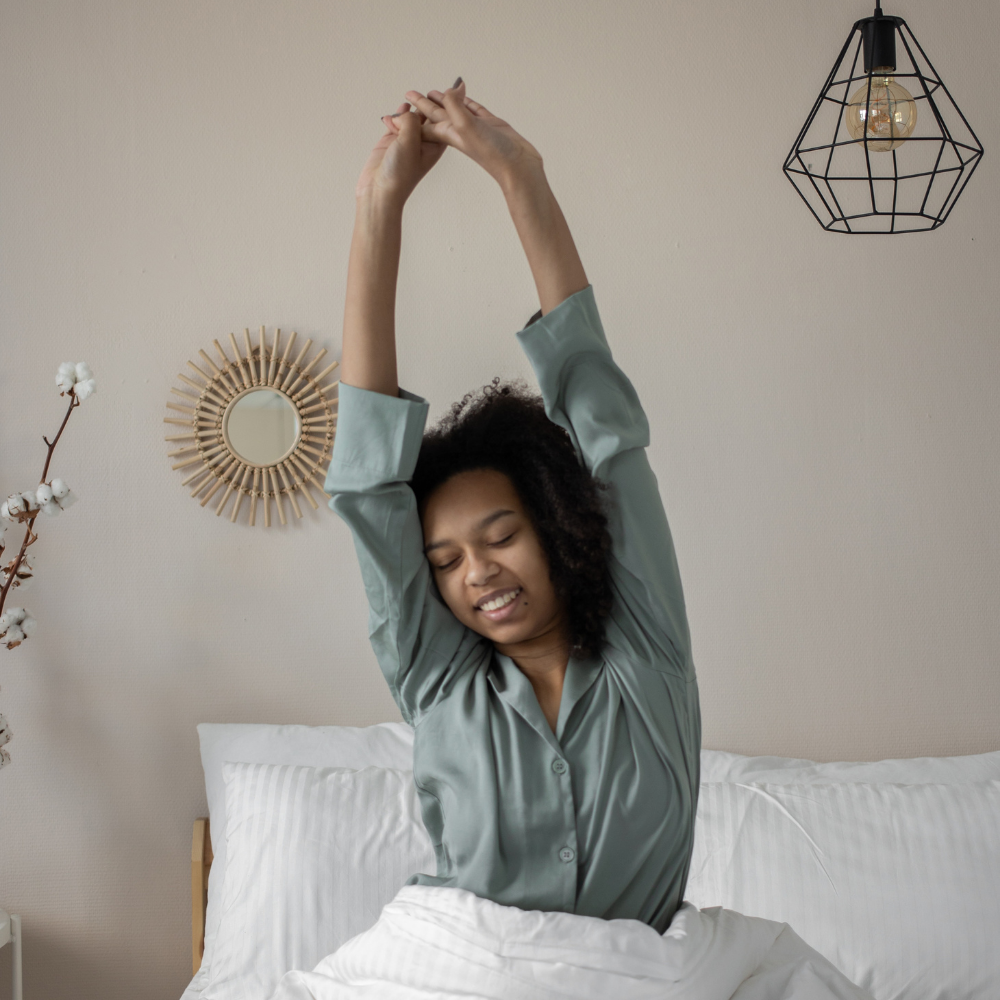What Is Sleep Paralysis And How Can You Prevent It?
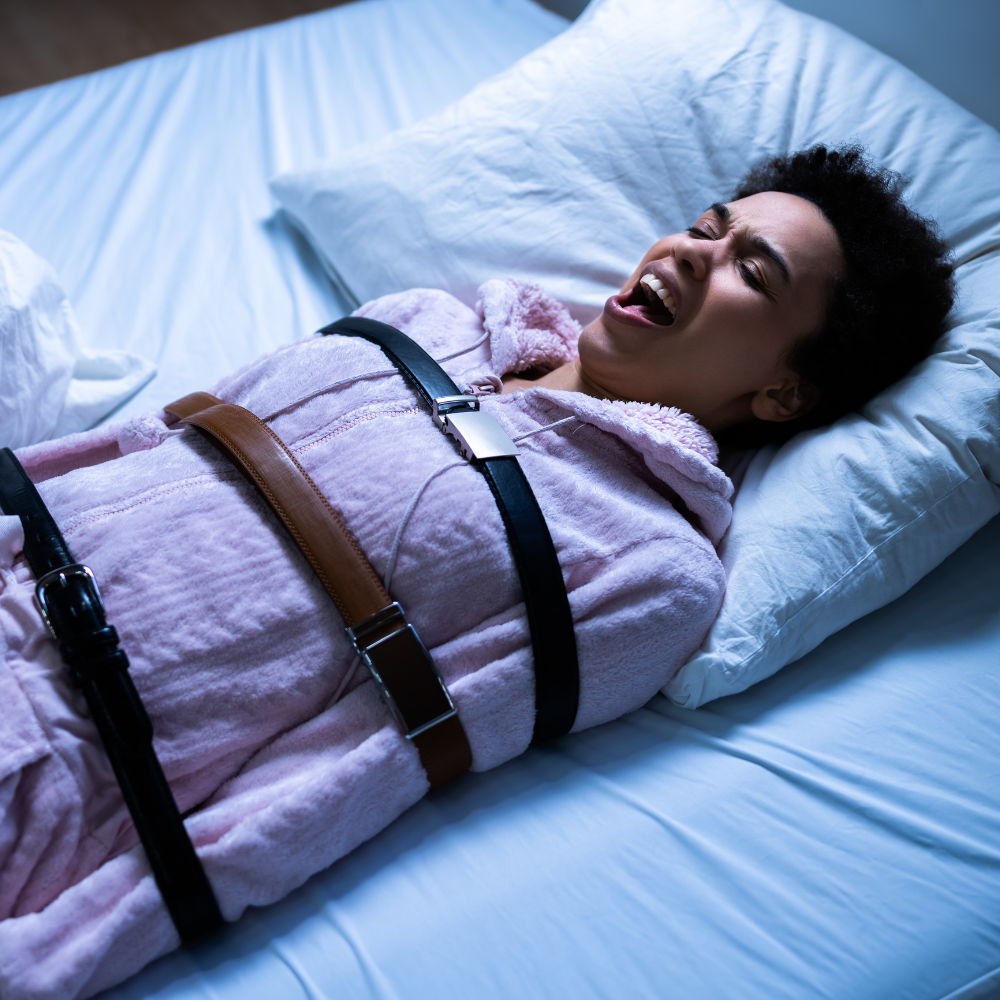
A creative writer with a voracious appetite for fashion, beauty,…
D
o you wake up feeling completely immobile after a long nap? At that point, it seems like your senses have betrayed you. Your mind’s wide awake, but your body finds it hard to catch up. Have you ever experienced having trouble breathing during the night? You felt like someone was in the room and physically pushing you down. Or maybe you’ve had a startling awakening that causes you to take a deep breath and feel as though your life is about to end? You feel your soul watching your lethargic body, and you wonder if they’ll ever be one again.
If you had a religious background, or if not, you must have assumed that whatever was happening was spiritual. Given the nature of some cultural beliefs and practices, you would have been on your knees praying fiercely. You think the probability of it being an assault on your soul is high. You might not be right, but you also might not be wrong. Countless cultures believe there’s a demonic presence that causes this, especially at night.
Whether this is a “spiritual attack” is an angle I won’t be exploring here and now. It’s best to describe this condition from a medical POV. The condition is called sleep paralysis. The inability to speak for a while after waking up, or the sensation of being suffocated. That is precisely the case with sleep paralysis.
What is sleep paralysis?
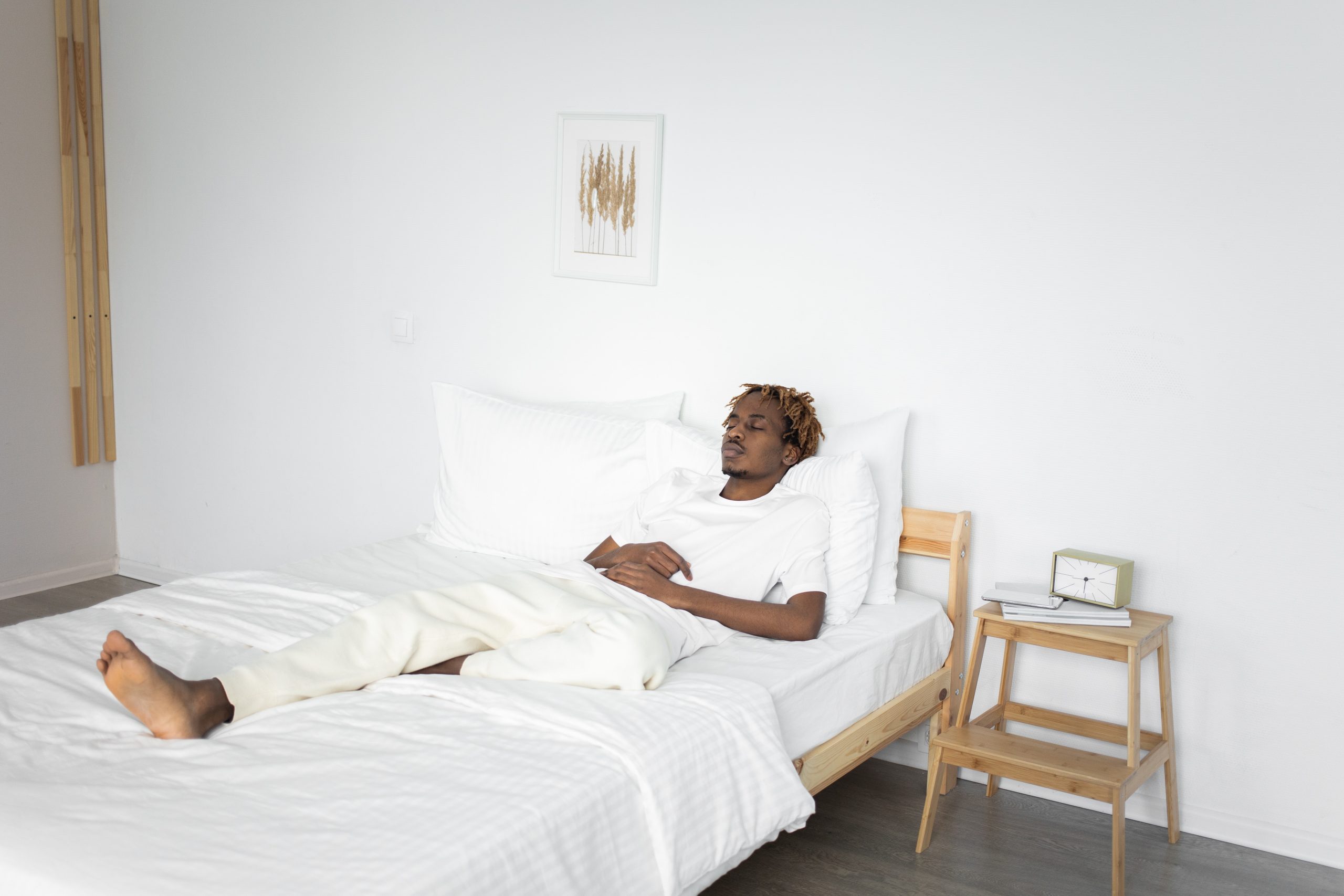
Sleep paralysis is a situation where you feel conscious, but are unable to physically move. It frequently comes with intense hallucinations and an impression of approaching doom. Although usually not harmful, it can be upsetting.
Sleep paralysis occurs either when you fall asleep or when you’re waking up. It happens when the muscles are still paralyzed while the brain is awake, a condition that naturally happens during rapid eye movement (REM) sleep. This can occur if a person is awakened in the middle of REM sleep, or if the natural exit from REM sleep is disrupted.
Rapid Eye Movement (REM) sleep is a stage of sleep characterized by the rapid movement of the eyes, low muscle tone, and vivid dreaming. The REM stage typically occurs about 90 minutes after falling asleep and lasts about 10 minutes. During REM sleep, the brain is active and dreams occur. But the body is temporarily paralyzed, which prevents acting out dreams. REM sleep is thought to play a role in memory consolidation and emotional regulation.
What causes sleep paralysis?
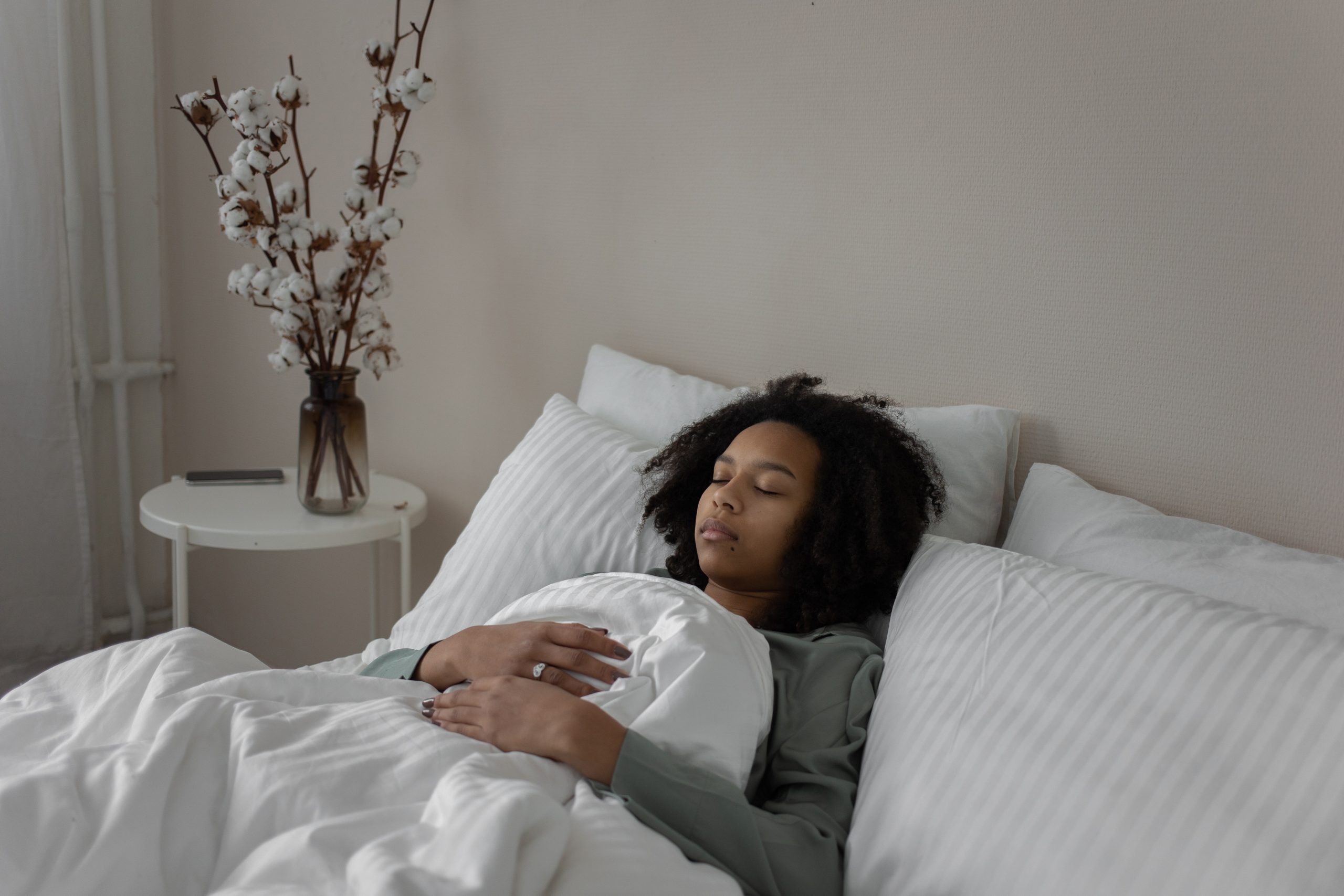
An interruption in the typical transition between the stages of sleep results in sleep paralysis. Narcolepsy, as well as particular drugs and lifestyle choices, like irregular sleep cycles or sleep deprivation, are the causes of sleep paralysis. Narcolepsy is a sleep disorder characterized by excessive daytime sleepiness, which can lead to sleep paralysis. People with narcolepsy may experience a temporary inability to move or speak while falling asleep or waking up.
Irregular sleep patterns can disrupt the normal sleep-wake cycle and make it more difficult for the body to transition between sleep stages. Sleep deprivation can also lead to an imbalance in the chemicals in the brain that regulates sleep, which can increase the likelihood of sleep paralysis.
Certain medications, such as antidepressants, can also cause sleep paralysis. This can occur as a side effect of the medication or due to changes in sleep patterns caused by the medication. Also, sleeping on the back seems to be one of the causes of this condition.
Check out 5 effective ways to prevent sleep paralysis…
Several steps can be taken to prevent or reduce the likelihood of sleep paralysis.
#1. Maintain a consistent sleep schedule

Going to bed or waking up at a particular time each day can help regulate the sleep-wake cycle. This could reduce the likelihood of sleep paralysis. Aiming for 7-9 hours of sleep each night can ensure the body gets the rest it needs.
Sleeping is an essential activity for the body to function properly. During sleep, the body goes through several stages, including deep sleep and REM sleep. During this process, it repairs and rejuvenates itself. Adequate sleep is necessary for maintaining physical and mental health.
#2. Avoid certain medications

As stated earlier, certain medications like antidepressants can cause sleep paralysis. If you suspect a medication is causing sleep paralysis, talk to your doctor about alternative options.
#3. Avoid alcohol and drugs

Avoiding alcohol and drugs can help regulate the sleep-wake cycle and reduce the risk of sleep paralysis. This is because these substances can disrupt the normal patterns of sleep and make it more difficult to achieve deep, restful sleep.
Additionally, they can also cause changes in brain chemistry that can trigger sleep disorders, such as sleep apnea or insomnia. By avoiding alcohol and drugs, you may improve the quality and duration of your sleep and reduce the risk of sleep paralysis.
#4. Practice relaxation techniques

It’s necessary to develop good sleep habits, such as practicing relaxation techniques before bed. Stay centered on creating a comfortable sleep environment. This could include a calming playlist. This consciousness helps the body relax and fall asleep easily.
#5. Manage medical conditions
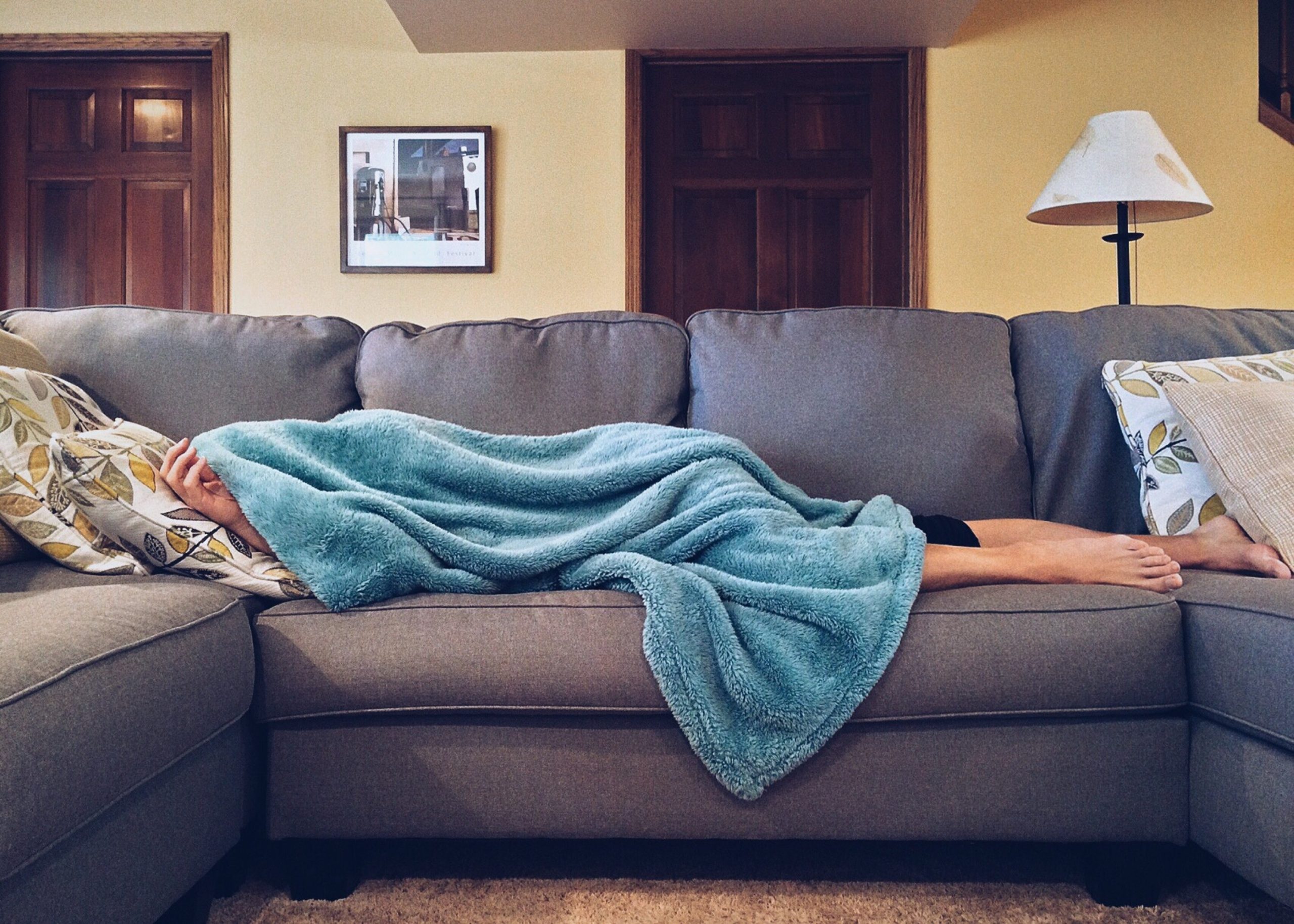
If you have narcolepsy or another underlying condition that may contribute to sleep paralysis, it’s important to work with a healthcare professional to manage the condition.
What are the treatments for sleep paralysis?
#1. Cognitive-behavioral therapy (CBT)

This procedure focuses on altering the patient’s sleep-related beliefs and behaviors, and drugs like antidepressants, which can assist control the sleep-wake cycle, are two treatments for sleep paralysis.
#2. Lifestyle adjustments

Maintaining a regular sleep pattern, abstaining from stimulants like alcohol and caffeine before bed, and practicing relaxation techniques like deep breathing or meditation before bed are some lifestyle modifications that can assist with the symptoms of sleep paralysis.
In addition, it’s crucial to treat any underlying illnesses like narcolepsy, sleep apnea, or anxiety disorders that may cause sleep paralysis. Lifestyle adjustments can serve both as preventive measures and treatments.
Featured image: AndreyPopov/iStock
Medical Disclaimer
All content found on the StyleRave.com website, including text, images, audio, video, and other formats are created for informational purposes only. The content is not intended to be a substitute for professional medical advice, diagnosis, or treatment. If you think you may have a medical emergency, please call your doctor, go to the nearest hospital or call 911 immediately depending on your condition.
For the latest in fashion, lifestyle and culture, follow us on Instagram @StyleRave_
This is a Style Rave original content exclusively created for our readers. If reproduced, distributed, transmitted, cached, or otherwise used by any other publishing house or blogs, such use should provide a direct link to this source article. Use of and/or registration on any portion of this site constitutes acceptance of our Terms & Conditions and Privacy Policy.
—Read also
A creative writer with a voracious appetite for fashion, beauty, lifestyle and culture. As one who's passionate about the advancement of the woman, creating content that inspire smart style and living, and positive lifestyle changes is a calling I take seriously. At Style Rave, we aim to inspire our readers by providing engaging content to not just entertain but to inform and empower you as you ASPIRE to become more stylish, live smarter and be healthier. Follow us on Instagram @StyleRave_ ♥




